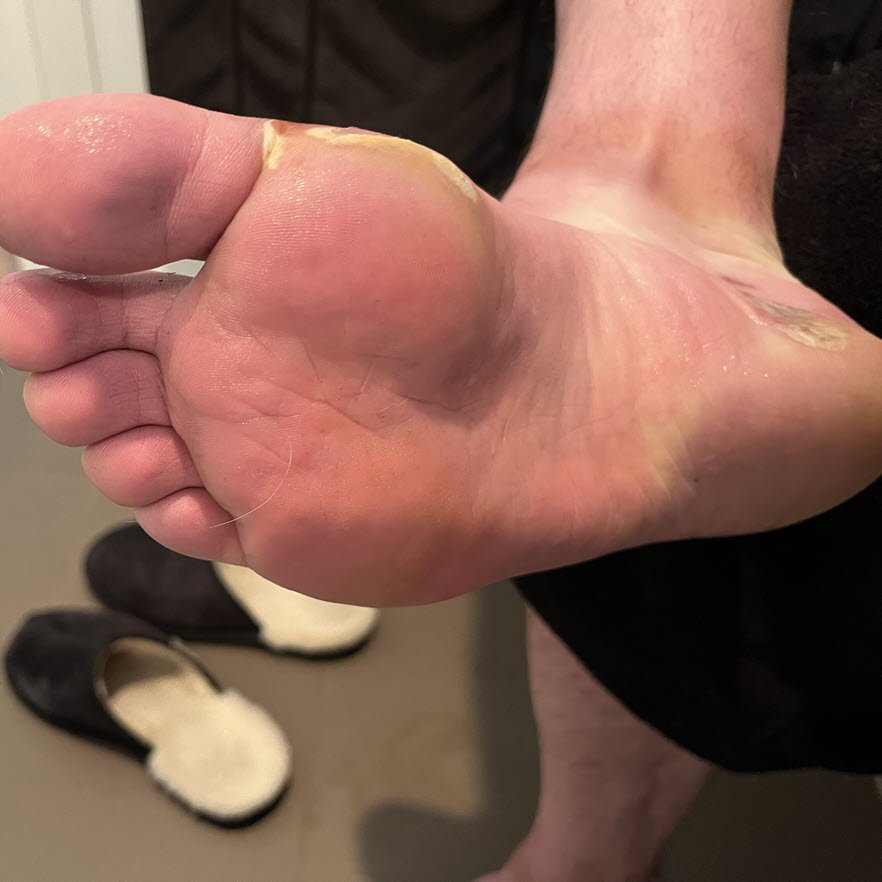Comprehending the Source of Excessive Sweating and Its Effect on Day-to-day Live
While it is frequently understood as a physical feedback to manage body temperature, the triggers for too much sweating can differ extensively among individuals, including not just physical variables however additionally emotional and mental elements. By diving into the root causes of hyperhidrosis and discovering its complex effects, a much deeper understanding of this prevalent concern can be obtained, dropping light on the complexities that individuals grappling with excessive sweating navigate on a daily basis.
Physiology of Sweat Glands
The law of sweat production, a crucial physiological process, is mostly regulated by the activity of sweat glands dispersed across the human body. Sweat glands are categorized into 2 major types: eccrine and apocrine glands.
When the body temperature level climbs, either because of exercise, heats, or emotional tension, the nerve system activates the gland to produce sweat. This sweat is composed primarily of water and electrolytes like sodium and chloride. The process of sweat production is crucial for maintaining the body's interior temperature level within a slim, ideal range, highlighting the critical duty gland play in human physiology.
Triggers for Excessive Sweating
In recognizing the root causes of excessive sweating, it is essential to identify the triggers that can lead to this physiological feedback. Physical exertion, high temperature levels, and spicy foods are also understood to set off too much sweating in individuals prone to this condition.
Furthermore, medications such as some antidepressants, opioids, and certain supplements can likewise work as triggers for hyperhidrosis. Recognizing these triggers is vital in taking care of extreme sweating successfully - Exessive Sweating. By determining and attending to the particular triggers that prompt too much sweating in an individual, doctor can establish tailored therapy strategies to alleviate this problem and boost the person's top quality of life
Medical Issue Associated
Linked with excessive sweating are numerous clinical conditions that can exacerbate this physiological response. One usual condition is hyperhidrosis, a disorder defined by abnormally enhanced sweating that surpasses the body's thermoregulatory needs. This can materialize in focal areas like the palms, soles, underarms, or face, affecting an individual's quality of life as a result of social humiliation and discomfort.
Additionally, endocrine problems such as hyperthyroidism, diabetic issues, and menopausal hot flashes can additionally lead to too much sweating. Hyperthyroidism creates an overproduction of thyroid hormones, speeding up metabolic rate and activating sweating.
Moreover, infections like hiv, consumption, and endocarditis have been connected with evening sweats, an usual sign understood to disrupt rest and influence general health. These medical conditions highlight the varied range of underlying elements that can add to excessive sweating, demanding thorough examination and administration by healthcare professionals.
Emotional and emotional Factors

Effect On Social Interactions
Excessive sweating can have extensive results on a person's capability to involve conveniently in social interactions. The visible signs of sweat stains or damp spots on garments can result in shame and self-consciousness, triggering individuals to withdraw from social situations. This withdrawal can influence relationships, limit social tasks, and impede personal and professional development.

Additionally, the anxiousness and self-worth concerns originating from extreme sweating can impact communication and interpersonal skills. Individuals might have a hard time to Check This Out concentrate on discussions, join group activities, or express themselves confidently. This can result in sensations of isolation and solitude, as social links become testing to preserve.
Conclusion

While it is typically comprehended as a physiological feedback to manage body temperature level, the triggers for extreme sweating can differ extensively amongst individuals, incorporating not just physical elements however mental and likewise emotional elements. By diving right into the root triggers of hyperhidrosis and exploring its complex results, a much deeper understanding of this prevalent issue can be acquired, dropping light on the complexities that people grappling with extreme sweating navigate on an everyday basis.
Physical exertion, high temperatures, and spicy foods are also understood to cause too much sweating in individuals vulnerable to this problem. By recognizing and attending to the particular triggers that trigger too much sweating in a specific, health care companies can establish individualized therapy strategies to alleviate this problem and boost the person's high quality of life.
Excessive sweating can have profound results on a person's capacity to involve conveniently in web social communications.